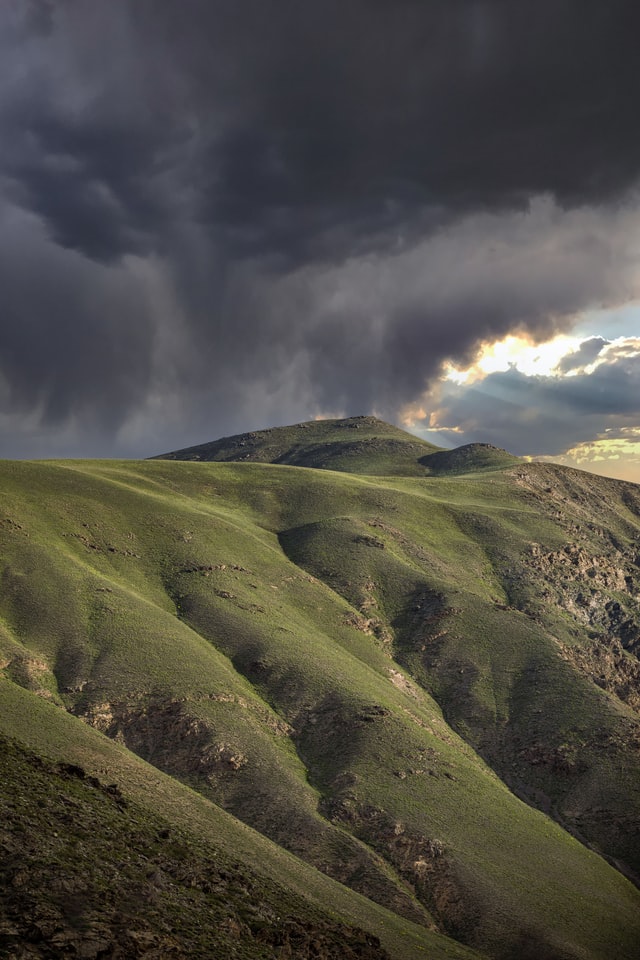Are you wondering what on earth is going on in Afghanistan?

Photo by nasim dadfar on Unsplash
I’m no expert on Afghanistan but I did spend a year in Kabul, even venturing as far as Herat in the west of the country. In my time there, we suffered our share of bomb blasts and coordinated attacks. Life was uncertain, just like the outlook for Afghanistan.
So much more so now, tragically.
On August 4, militants attacked the house of the Afghan defence minister in Kabul. Fortunately, the minister—a general who was a warlord during the 1990s and who was deliberately chosen by President Ashraf Ghani for his battlefield experience—was not at home. The Taliban said they were responsible.
The Taliban have also warned of more attacks on other members of the government.
The Taliban want to become the government.
Say what? A militant group, which is engaged in terrorising government leaders as well as swathes of the Afghan population, wants to bomb its way to power?
This is the group with which the Trump administration signed a “peace deal” in February 2020. Zalmay Khalilzad, US special representative to Afghanistan, solemnly sat down with Taliban delegation leader Mullah Abdul Ghani Baradar in Qatar to accept the Taliban’s demands: that American forces leave Afghanistan. The Afghan government was not a party to the deal. (Click here to read my 2019 column in The National on how “America’s closing act in Afghanistan is playing out as both tragedy and farce“.)
Anyway, suffice it to say, there should be no surprise that the Taliban are impatient to complete the process that Trump’s America agreed to in 2020, namely, to turn the country over to whoever wants to rule it with fiat and iron fist.
The world stands by mute and unprotesting.
On official trips to neighbouring countries such as Russia and China, Taliban leaders continue to insist they are committed to the peace process and to assure that Afghanistan’s soil will not be used by terrorist groups as happened before 9/11. Everyone pretends to believe them.
But there are two problems with what the Taliban say.
There is no peace process—the Taliban want to terrorise Mr Ghani, his government and the Afghan security forces into a soft surrender in return for life and limb.
Second, there have been reports of foreign fighters already massing in Afghanistan, just as in the 1990s. Though the reports are unconfirmed as yet, Afghanistan may yet return to its 1990s’ status as the locus of terrorist groups. As Rahul Bedi has reported in The Wire, “senior Indian Army officers and security officials predict the arrival of battle-hardened Taliban fighters in Kashmir in what could be a replay of cataclysmic events which battered the state for years, from mid-1990 onwards.”
Exactly. Kashmir (paywall) and the Palestinian Territories remain on the list of sore subjects for Islamist terrorist fighters. In fact, the situation in both places has worsened.
And the list of sore subjects has grown longer since the 1990s. Now, the Rohingyas’ plight in Myanmar and Uighurs in Xinjiang are presumably also considered “jihad lands”, as Palestine, Kashmir, Chechnya and Bosnia used to be called 30 years ago.
For weeks on end, we will now be subject to documentary and commentary on Afghanistan, as the Americans make their final exit from this theatre of war. I wager that few will consider the real issue: 9/11 may not have defined an era so much as served as the mid-point of a 100-year struggle beginning with the ousting of the Palestinians in 1948.

